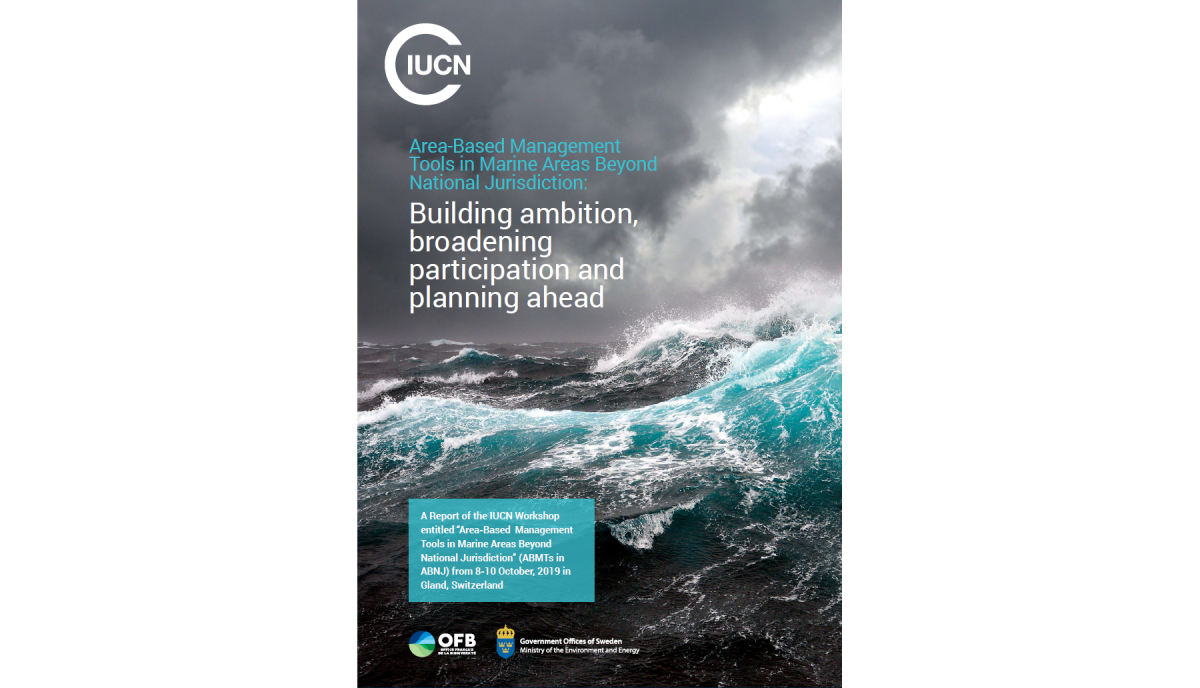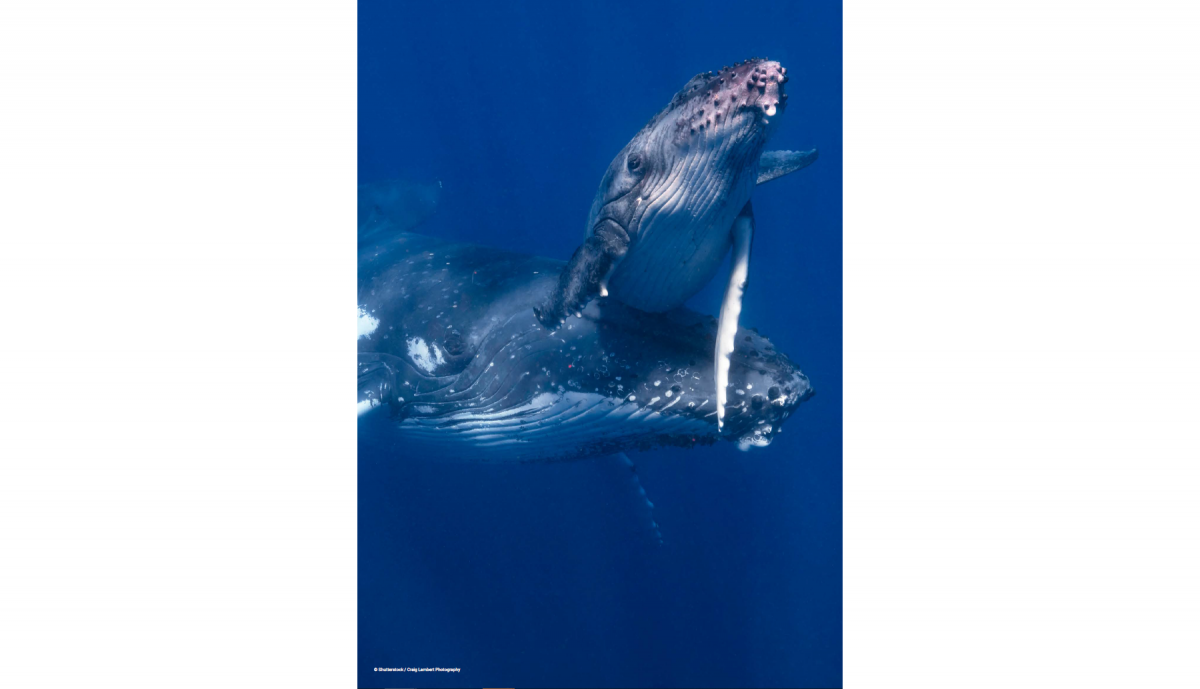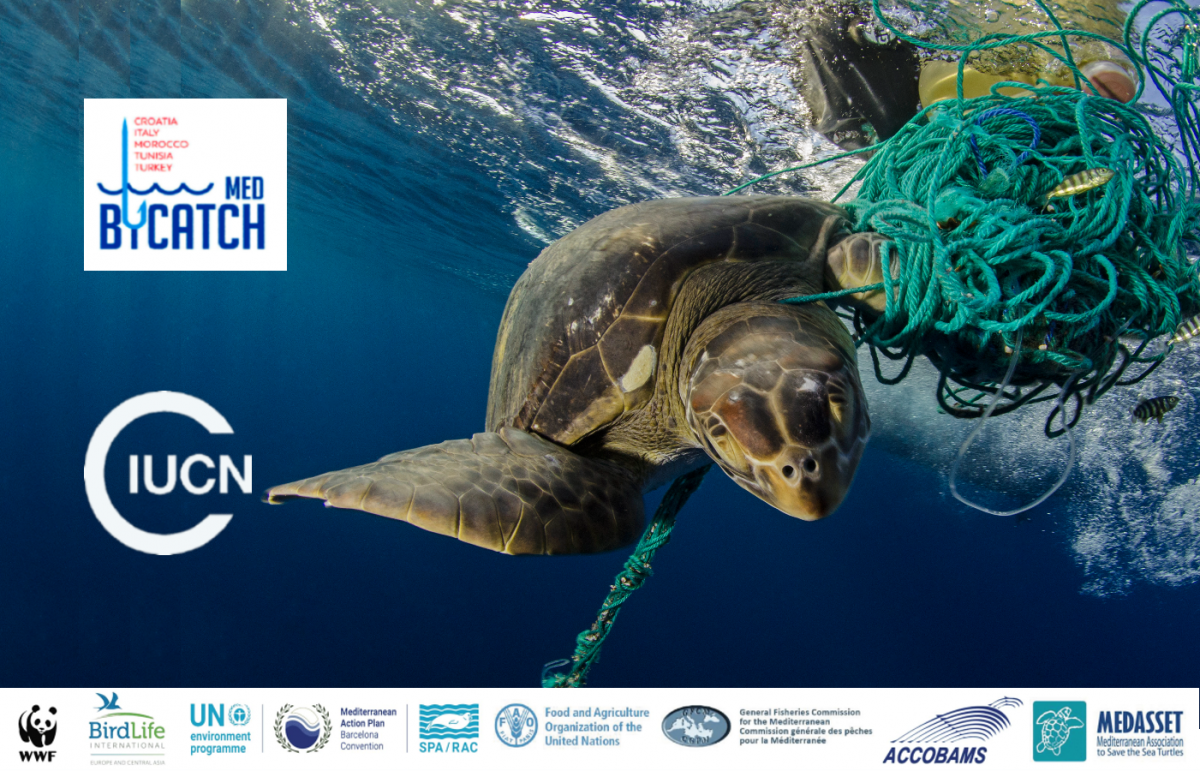Report: Building ambition and planning ahead for the High Seas treaty
A new IUCN report gives a series of recommendations to build ambition for the new agreement on the conservation and sustainable use of biological diversity beyond national jurisdiction (BBNJ) under UNCLOS.
The report release is timed in advance of the fourth session of the UN Intergovernmental Conference (IGC4) on the conservation and sustainable use of BBNJ, approaching rapidly (23 March – 3 April 2020, UN HQ, New York).
IUCN experts identified ten enabling conditions to future proof the BBNJ agreement and eight recommendations for the next round of negotiations. They are detailed in two IUCN reports released today:
- ‘’Summary report - ABMTs in ABNJ: Building ambition, broadening participation and planning ahead’’ (PDF)
- ‘’Full report - ABMTs in ABNJ: Building ambition, broadening participation and planning ahead’’ (PDF)
Enabling conditions
- Recognize that the Global Ocean is a “commons” whose health is a common interest of all humanity.
- Accelerate progress in the BBNJ negotiations through greater engagement of politicians from capitals empowered to negotiate an ambitious and pragmatic agenda.
- Enable nimble measures to respond to a changing ocean.
- Ensure access to data, monitoring and information, and other products of enhanced ocean sciences.
- Provide necessary institutional elements that include a conference of the parties (COP), an independent scientific and technical advisory committee (STAC), and an implementation committee.
- Include dedicated measures to conserve marine biodiversity.
- Recognize interconnectivities through ecosystembased management.
- Establish clear requirements for implementing the precautionary principle.
- Incorporate existing definitions, standards and criteria to ensure their consistent application across jurisdictions and institutions.
- Strengthen existing bodies using the BBNJ agreement.
Recommendations
- Establish a process that delivers effectively protected MPAs in ABNJ.
- Recognize that States Parties possess inherent powers
- Enable the Conference of Parties to adopt a management plan and specific conservation measures for MPAs.
- Specifically spell out how States can implement their duty to cooperate
- Replace the term “relevant instruments and bodies” with “competent international organizations” in most places.
- Invite competent international organizations to adopt measures within a time-bound period.
- Create a separate provision for the COP to establish other types of ABMTs in addition to MPAs.
- Encourage existing organizations to define explicitly their mandates, including their taxonomic mandates.
Support
The IUCN Global Marine and Polar Programme, and partners, with the support of the French Biodiversity Agency (Office Français de la Biodiversité [OFB]) and the Ministry of the Environment and Energy of Sweden, organized a workshop in IUCN Headquarters, in Gland, Switzerland, from 8 to 10 October 2019. The workshop was entitled “Area-Based Management Tools in Marine Areas Beyond National Jurisdiction” (ABMTs in ABNJ) and gathered about 30 experts from different fields of expertise.
In addition, in preparation for IGC4, the IUCN Environmental Law Centre worked with the IUCN Senior High seas advisor and the Chair of IUCN WCEL (World Commission on Environmental Law) Oceans, Coasts and Coral Reef Specialist Group to finalise IUCN comments on the new BBNJ draft text.





